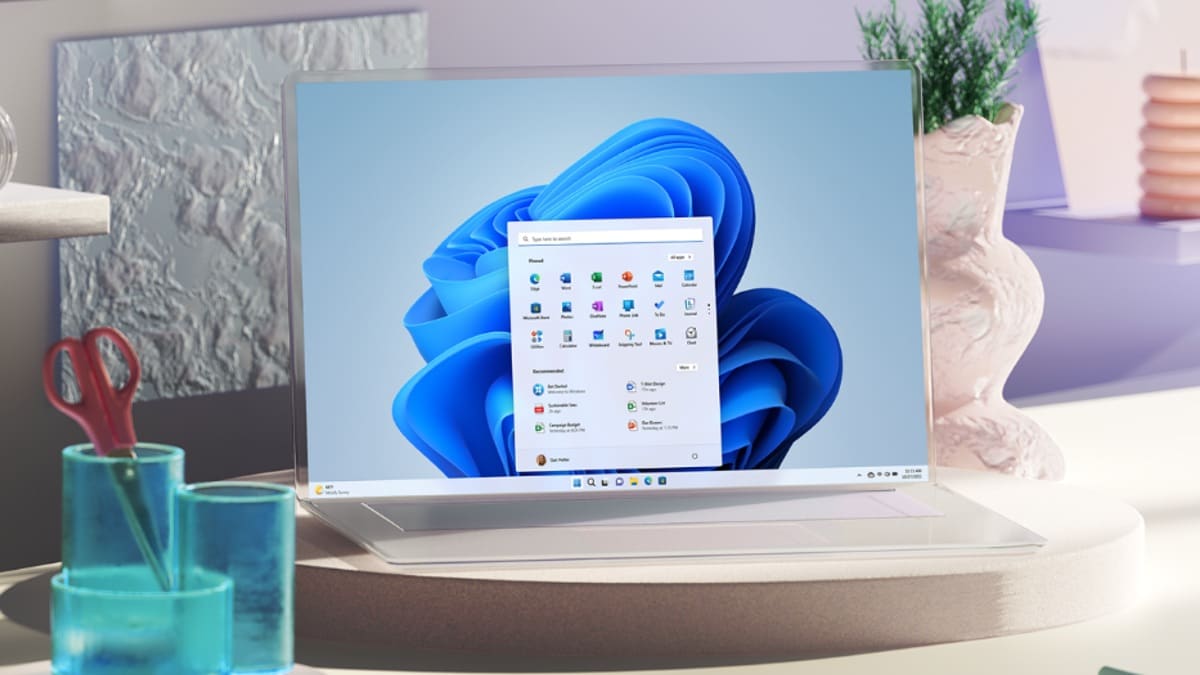Products You May Like
Microsoft has collaborated with Parallels Desktop maker Alludo to offer support for Windows 11 on Apple’s M1- and M2-powered MacBook models. This will let users access Windows 11 apps virtually on their MacBook via Parallel Desktop 18. The latest version of Parallels Desktop for Mac is supported on the latest Mac models from the Cupertino company that are powered by Apple’s in-house chipsets. The list includes MacBook Air, MacBook Pro, iMac, Mac mini, and Mac Studio models powered by M1 and M2 series chips. However, there are certain restrictions while using Parallels Desktop 18 on these Mac models.
According to details shared by Microsoft via a support page, users can run Windows 11 on a Mac built with Apple’s M-series processors, on a Cloud PC via the Windows 365 service, or through the Parallel Desktop 18.
Microsoft has collaborated with Alludo to allow authorised Parallel Desktop 18 users to run Arm versions of Windows 11 Pro and Windows 11 virtually on Apple M1 and M2 computers. Parallels enable Mac users to virtually run multiple operating systems without creating partitions or using Boot Camp. Unlike older Intel-powered Mac models, newer versions that feature Apple Silicon cannot use Boot Camp to dual-boot Windows and macOS.
Alludo announced details of its update to Parallels Desktop 18 that adds support for the latest Mac lineup with Apple Silicon, including MacBook Air, MacBook Pro, iMac, Mac mini, and Mac Studio. It is worth noting that Parallels Desktop 18 can run on macOS Ventura 13.2 or newer, macOS Monterey 12.6 or newer, macOS Big Sur 11.7 or newer, macOS Catalina 10.15.7 or newer, and macOS Mojave 10.14.6 or newer versions. Further, users will also need 600 MB of disk space to install the Parallels Desktop applications on their MacBook.
Apart from these, the Arm version of Windows comes with certain limitations. Microsoft says that the users running the Arm version of Windows 11 will be restricted from using some apps, games as well as antivirus solutions. Games using DirectX 12 or OpenGL 3.3 or higher won’t be supported. Also, 32-bit Arm apps available from the Microsoft Store on Windows aren’t supported by Mac computers with M1 and M2 chips.
